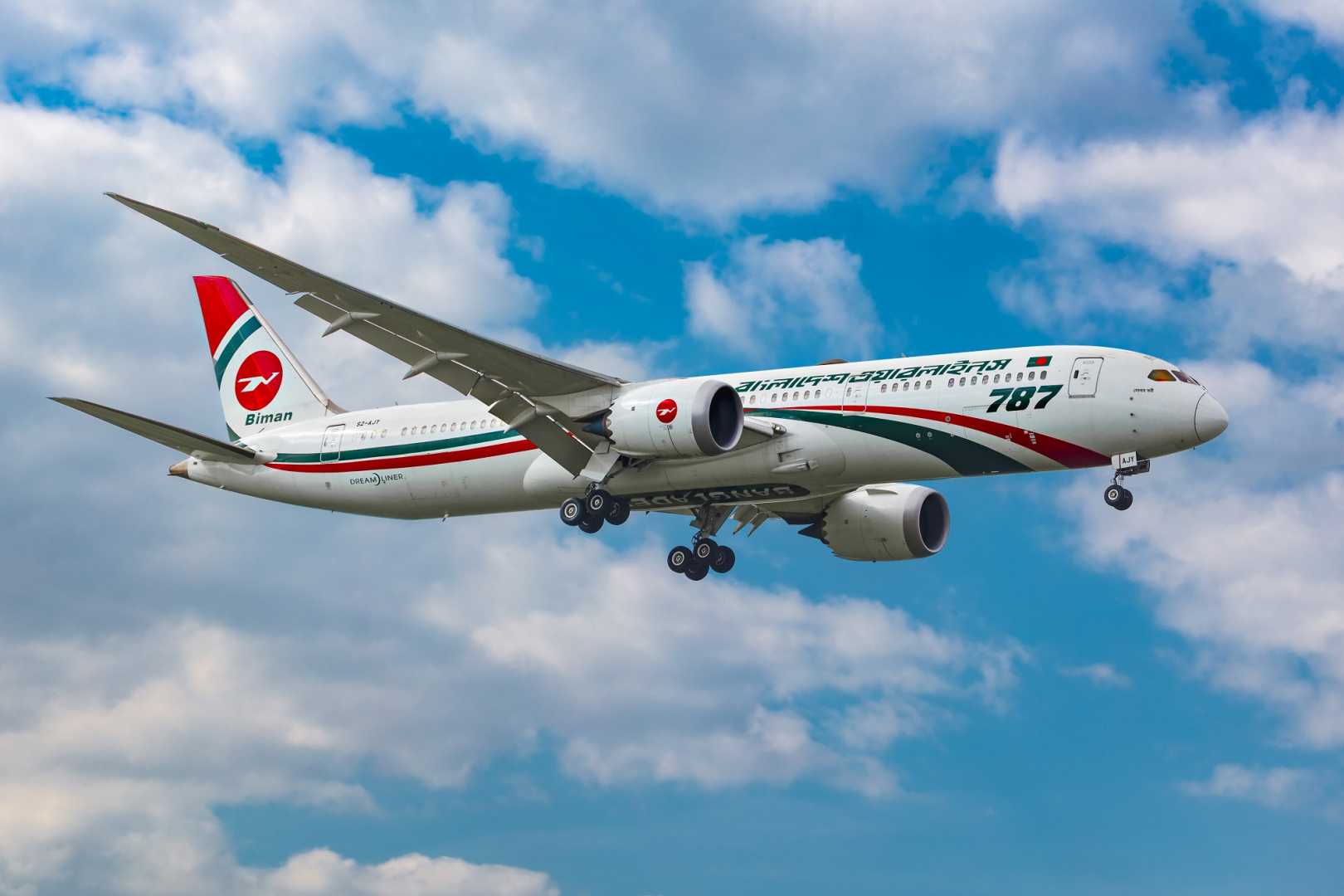Business
Bangladesh Orders 25 Boeing Aircraft to Ease US Tariff Strain

DHAKA, Bangladesh — Bangladesh has announced an order for 25 aircraft from Boeing as part of a strategy to reduce trade tensions with the United States. The decision, made public on July 27, comes ahead of crucial tariff negotiations aimed at addressing a looming 35% increase in tariffs imposed by the previous Trump administration.
According to Commerce Secretary Mahbubur Rahman, the initial plan was to purchase 14 aircraft, but this has now expanded to 25 due to urgent needs for new planes. “We require these aircraft possibly within the next couple of years,” Rahman told reporters. This increase in the aircraft order is part of a broader effort to narrow a $6 billion U.S. trade deficit with Bangladesh, particularly in light of concerns that the garment industry may lose its competitiveness in the U.S. market.
In conjunction with the aircraft deal, Bangladesh is also increasing imports of key American goods, including wheat, soybean oil, and cotton. Recent agreements will enable the country to import 700,000 tonnes of U.S. wheat annually over the next five years. Officials hope these measures will foster better trade relations with Washington and mitigate the impact of upcoming tariffs.
Commerce Secretary Rahman confirmed that this effort is strategic, linking the aircraft order to ongoing trade negotiations. “We aim to secure a lower tariff rate compared to nations like India and Vietnam,” he added. Previously, both countries had ordered large aircraft numbers for similar reasons.
The Boeing order is set to undergo governmental approval processes before finalization. Rahman noted, “We are following legal protocols, and Boeing is aware of our needs for timely delivery.” The exact timeline for the delivery of the aircraft remains uncertain as global demand continues to be high.
This initiative is viewed within the context of a larger trade strategy, where Bangladesh seeks to ensure that its tariffs remain competitive while simultaneously expanding its trade with the United States.












